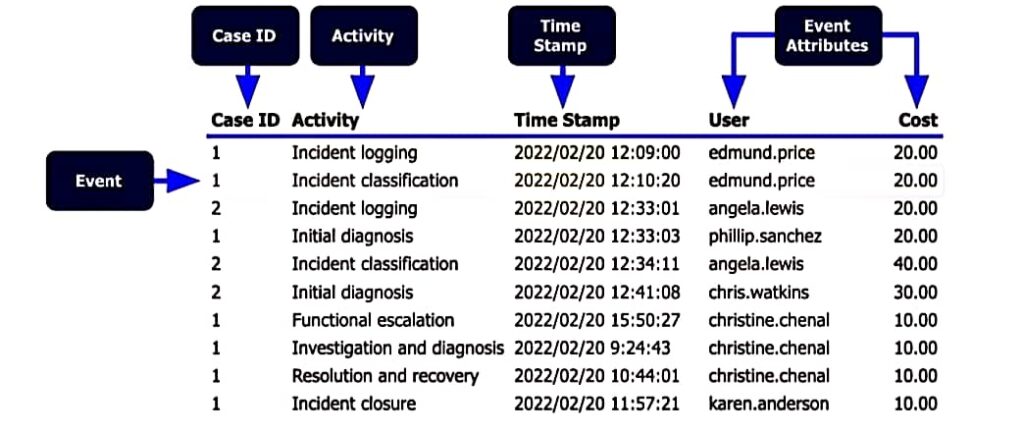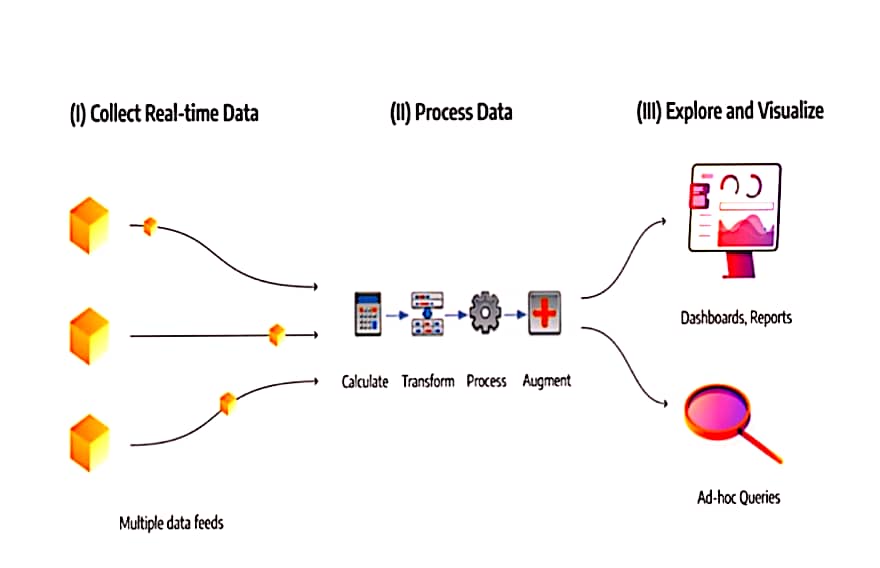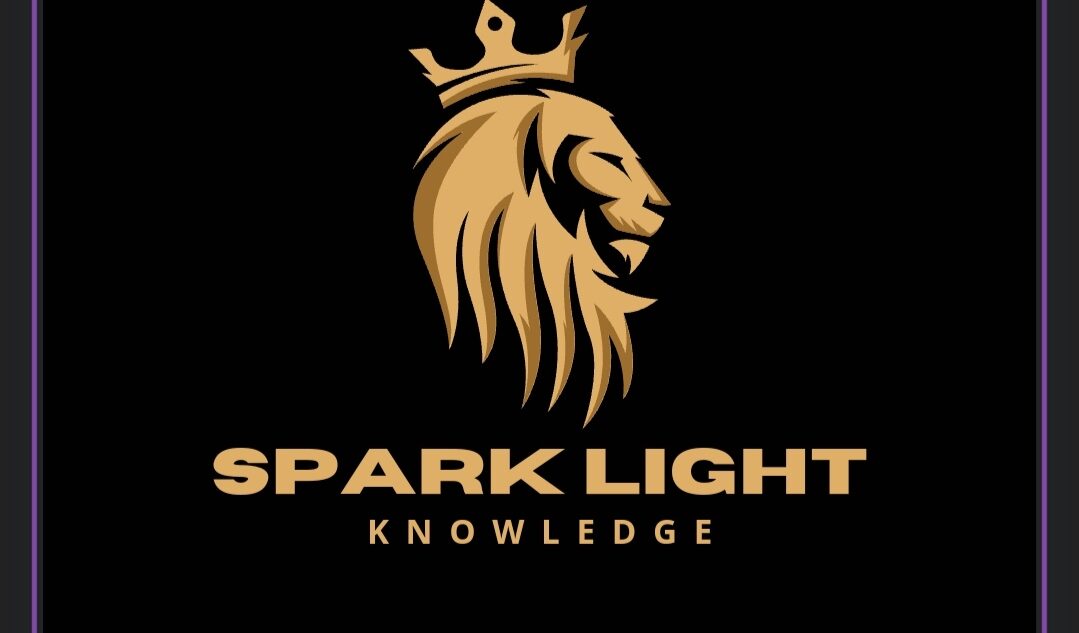Event logging in NoSQL databases is a common practice to capture and store information about various events, activities, and interactions within the database system.
Event logging purpose:
❖Event logs in NoSQL databases serve multiple purposes, including
❖monitoring
❖troubleshooting
❖ auditing
❖ performance analysis
❖ Here’s how event logging is typically implemented in NoSQL databases:

TYPES OF EVENTS
Types of Events:
Events in NoSQL databases can encompass a wide range of activities, such as database operations (inserts, updates, deletes), system events (e.g., node failures in a distributed database), and user interactions with the database.
❖ Logging Frameworks: Many NoSQL databases provide built-in or third-party logging frameworks or tools to facilitate event logging.
These tools allow you to capture and store relevant information about database operations and system behavior.
❖ Log Categories: Event logs in NoSQL databases are often categorized to differentiate between different types of events.
For example, you may have separate logs for database operation events, system health events, and security-related events.
❖ Log Data: The data captured in event logs typically includes details such as timestamps, the nature of the event, unique identifiers, and any additional context or metadata.
The level of detail captured can vary based on the specific use case and logging configuration.
❖ Log Aggregation: In distributed and large-scale NoSQL database environments, event logs from multiple nodes or instances are often aggregated and centralized for easier analysis and management.
❖ Real-time Alerts: Event logs can be configured to trigger real-time alerts when specific events or conditions of interest are detected.
Some more Events
This is particularly useful for monitoring and reacting to critical events as they occur.
❖ Custom Logging: NoSQL databases often allow for custom event logging, which enables you to capture application-specific events or other unique data points relevant to your use case.
❖ Log Storage: Event logs can be stored in a variety of formats, including plain text, JSON, or other structured formats.
The choice of format often depends on the logging tool or system in use.
❖ Retention and Purging: Similar to event logs in other systems, NoSQL database event logs are subject to retention and purging policies to manage the volume of data.
Logs may be retained for a defined period and then archived or purged.
❖ Analysis and Reporting: Event logs are frequently analyzed and used for reporting and performance tuning.
NoSQL databases may offer tools or integrations for log analysis and reporting.
❖ Security and Compliance: For security and compliance purposes, event logs in NoSQL databases are crucial.
They can provide an audit trail of database activities and be used to detect and investigate security incidents.
❖ Integration with Monitoring Systems: Many organizations integrate event logs from NoSQL databases with broader monitoring and alerting systems, such as SIEM (Security Information and Event Management) platforms.
When implementing event logging in NoSQL databases, it’s important to consider the specific use case and the requirements of your application.
The choice of log categories, the level of detail captured, and the tools used for log management may vary depending on your goals, such as performance optimization, security monitoring compliance with industry regulations.
Web Analytics or Real-Time Analytics
Web analytics and real-time analytics are two approaches to gathering and analyzing data about user behavior on websites and web applications.
☑️They provide insights into how users interact with digital properties, helping businesses and website owners make informed decisions.
☑️Let’s explore both concepts with examples:
Web Analytics we
Web Analytics web
Web Analytics:Web analytics involves the collection, measurement, and analysis of historical data related to user interactions on a website.
☑️ It offers valuable information about user behavior, traffic sources, page views, conversions, and more.

☑️Key components of web analytics include:
❖ Data Collection
❖ Data Aggregation
❖ Reporting and Visualization
❖Conversion Tracking
❖ Segmentation
❖ Funnel Analysis
Examples of web analytics
Example of Web Analytics:
Suppose an e-commerce website owner wants to understand how effective a recent marketing campaign is.
They can use web analytics tools to track the campaign’s traffic, conversions, and revenue over a specific time period.
• Live Data
• Event Tracking
• User Behavior
• Alerts and Notifications
